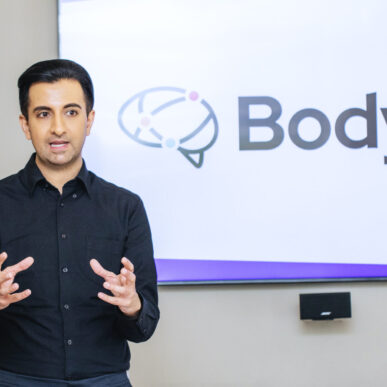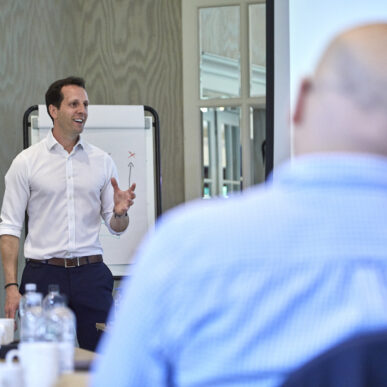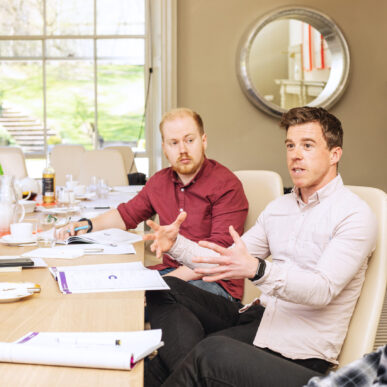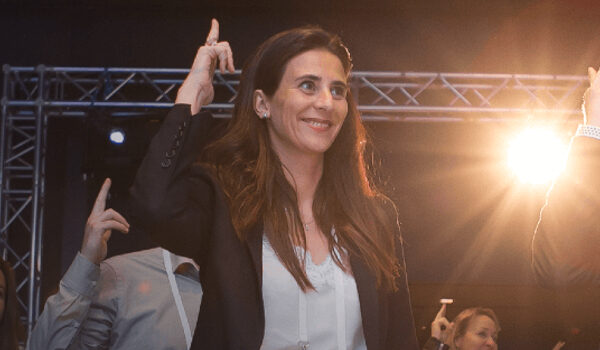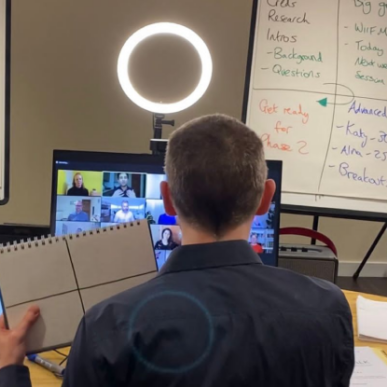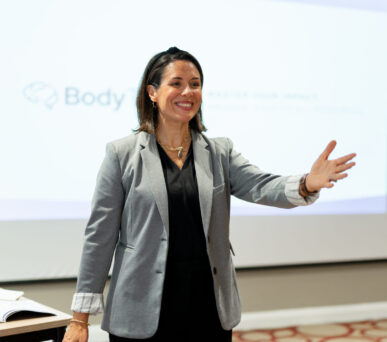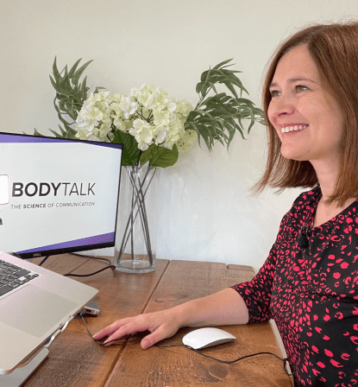Why Should I Trust You?
Why establishing your intentions through the right credibility is vital for successful business communication.

I bet you’re wondering what Snape is doing here? I am a huge fan of the Harry Potter stories, but it’s more than a bit of whimsy. Out of interest, what did you feel when you saw him? Was it a cheery ‘there’s my man’, or did anyone feel a bit uneasy?
Why don’t we trust him? We don’t trust him because from the very outset of the stories we are unclear of his intentions. He is mysterious, but not in a good way.
In business communication, many of us are unwittingly Snape – in our emails, Zoom calls, presentations and hosting meetings (ooh those heady days of chatting in the same room!). We don’t make our intentions clear – we go straight to the process/actions we want people to take and are surprised by their reluctance sometimes to come with us. And in a time where ‘trust’ is being sorely tested, establishing intention is vital.
BUT, if you get it right and you secure trust, magical things will happen to your communication and your business ideas.
So how do we do that? Through establishing strong CREDIBILITY fairly up front in a communication… I can already hear a few people sigh and you are right to, because if it’s done badly it can be awful .
I’ve worked for over 20 years as a communication skills trainer and seen the constant struggle people have with establishing credibility – I’ve struggled with landing it myself at cost in a coaching room, but working on a recent intensive programme for an international pharmaceutical company with brilliant souls, a few common themes presented themselves…
‘I’m not sure what to say, so I just say a bit of my CV, or, ‘it feels like bragging…so I don’t say anything,’ and the one I am seeing more regularly with the talented younger people we work with is, ‘I’m talking to my boss, what can I possibly say to sound credible when they are so much more experienced?’
Let’s start unpicking this a bit and find some practical things we can do to allay some of these worries…
FIRST and foremost, running through all communication like the writing through a stick of candy rock… AUDIENCE IS KING. And by audience, I mean anything from the colleague on the end of the phone to the Zoom presentation you are giving and you should tailor everything to them. Don’t go for ‘stock credibility’ which is usually a bit of your cv and job title, which isn’t credibility anyway. ALWAYS tailor for the audience. With this in mind, here are a few things that might help:
1) THINK PROLOGUE – the bit that establishes the story that follows. The first principle to consider is that credibility is a mix of EMOTION and logic. When you are speaking we make emotional decisions which we use logic to back up. So your context or ‘prologue’ should include a little backstory of the reason we are here, but you need to weave through that a sense that you have value in the message and you do that using emotional language. Avoid the ‘I’m passionate about this’ as you can sound like a faux candidate on ‘The Apprentice’ , but using emotive language to set up the context really helps, for example ‘After our last meeting we came across a number of time wasting frustrations; it got me scratching my head and I’ve spent a couple of days looking at that with two key members of the team and I’m excited to share some of the things we found.’ It can be lightness of touch, but If you show you care, we are more likely to care too.
2) BRIDGE TO THE WORLD OF YOUR AUDIENCE. True credibility says to an audience ‘we have shared common ground’ or ‘I understand some aspect of your world’. Cialdini’s book ‘Influence’ draws on this with his principle of ‘likeable’. This is particularly useful if you feel lower status in a conversation. A lovely example I had of this was working with a brilliant young MSL (an MSL for anyone that doesn’t know is a medical scientist working for a pharmaceutical company whose job it is to share objectively new data around disease/therapy areas to Healthcare professionals in hospitals and clinics). She said she avoided setting up credibility as she was effectively speaking to ‘gods’ in the hospitals with years more experience. We drilled into why she did her job and she said, ‘I worked as a researcher in the labs and I thought I was happy, but one day I had the opportunity of going into a hospital and seeing the work done with the patients and I realised instantly that was where my heart was – working with the patients and doctors and seeing what was being achieved’. A little bit of that peppered into a conversation with a KOL she had never met really helped secure trust – she bridged to their world.
3) CHUCK IN A BIT OF ‘PERSONAL’ – adding a name or a reason you are personally involved really helps. Check this out. Another MSL, this time a Team Leader talking to her team about the problems of COVID-19 for patients with a very rare disease…‘I’ve been getting phone calls from doctors at hospitals and clinics scared about the impact COVID is having when interacting with this drug, and I know all of you are also being bombarded with similar, frightening questions. I’ve been up day and night the last week condensing the data and reports coming in to give you some clarity. One reason I’m so worried is that I am prescribing my own grandmother these drugs.’ BOOM… context, personal credibility and a link to her team’s world all established. So much more effective than launching the conversation with ‘Here’s some recent data and research etc etc.’
4) EAT A BIT OF HUMBLE PIE… Finally if you’re worrying about being so senior that establishing credibility can sound like ‘showing off’, pepper your credibility with words like ‘so lucky’, ‘extremely fortunate’ or ‘excited’ when you describe your relevant experience in our context set up – this can be the difference between sounding like a likeable ‘authority’ to sounding perhaps ‘authoritative’, which can be off-putting.
So, in summary don’t be Snape – his intentions turn out to be good in the end but we only find out 7 books and 8 films later – too late in business! Be Dumbledore instead – his logical credentials are established when Harry plays ‘chocolate frogs’ on the train to Hogwarts and wins Dumbledore’s collection card. He finds out he’s the greatest wizard of modern times and about some of his greatest achievements, but it is the emotional link to Harry’s world that secures the credibility – Dumbledore knew his dead parents and cared about them. That clinches it.
To learn more about how we can help you please contact our team.








